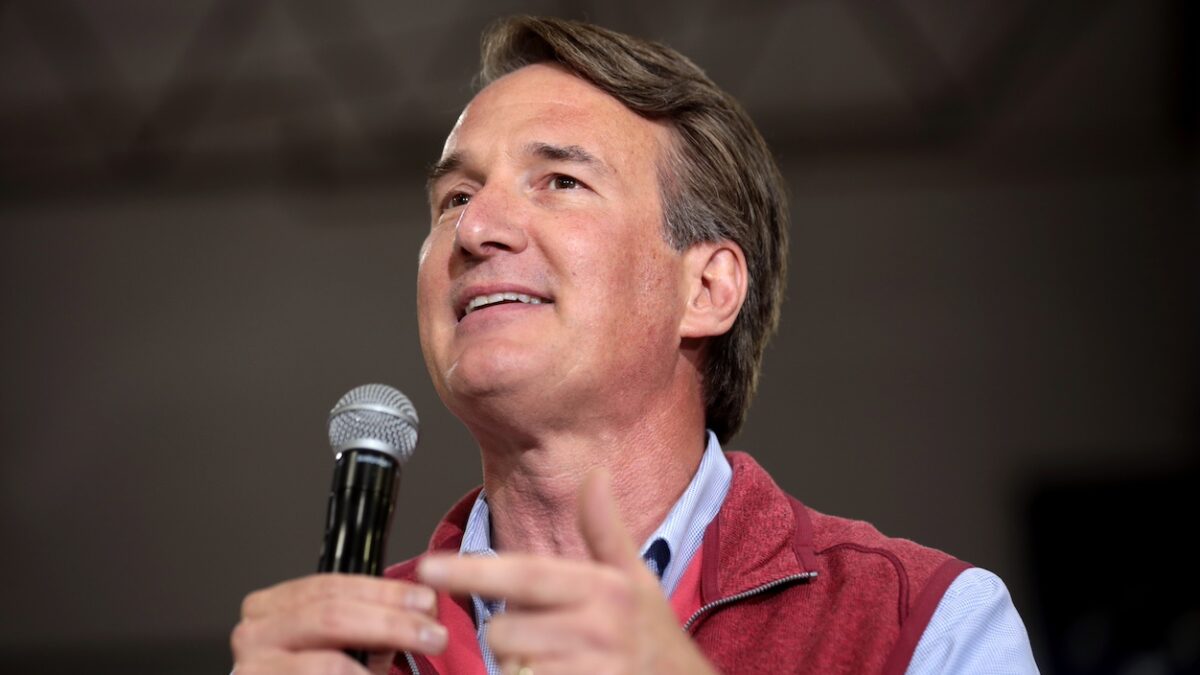
Netflix’s newest hit, “13 Reasons Why,” is a well-produced series. It features excellent performances and taut writing. But its strengths crumble when contrasted with one defining element: The show is an aggressive glorification of teenage suicide.
Many viewers have written about the series’ highly problematic portrayal of suicide. Suicide support groups, psychologists, theologians, friends of suicidal teens, and others have voiced their concerns about the show’s heroic gloss on Hannah’s suicide, especially the way her death appears to vindicate her life and give her love she never experienced. One word in particular keeps cropping up: “Dangerous.”
It may not come as a surprise that a major media company would produce a suicide-glamorizing program. Indeed, Hollywood has a longstanding infatuation with protagonists who “nobly” choose to end their lives. Clint Eastwood’s “Million Dollar Baby” met with controversy among the public, but was awarded Best Picture. Last year’s “Me Without You,” a particularly egregious celebration of depression-motivated suicide, was a major box office smash. The makers of “13 Reasons Why” are already discussing a possible second season. There’s no question that pop culture makers know how to doll up a story about self-harm and turn it into profit.
But the opposite can be true too. In fact, despite what we conservatives often say, there are quite a few examples of pro-life, pro-dignity Hollywood films. These movies may not explicitly address political issues or directly critique the culture of death, but they do lift up heroes and heroines who choose not to take their own lives, often despite advice from others to the contrary. What’s more, many of these movies are deeply moving, compelling narratives of personal triumph and discovery.
Here are five excellent Hollywood movies that point their audiences toward life.
1. ‘Cast Away’ (2000)
Director Robert Zemeckis and writer William Broyles Jr. may have created one of the most brazenly pro-life Hollywood films ever made. The story of a well-to-do FedEx executive (Tom Hanks) whose productivity-obsessed life crashes along with his plane is an astonishingly acted, beautifully photographed masterpiece. In one harrowing night, Hanks loses his career, his fiancé, his home, and more importantly, his sense of control over life. Through mostly perseverance and luck, Hanks’s character survives four years on a desert island and makes it back to his home in Memphis, Tennessee—where he discovers that his fiancé is married with a young daughter.
This leads to one of the film’s last scenes: a powerful monologue, delivered by Hanks, on the inherent goodness of staying alive to see another day.
“Cast Away” is not about surviving on a desert island. It’s about surviving the loss of all reasonable hope. Hanks’ realization that he must “keep breathing,” even after coming home to the loss of his fiancé, is a reminder that even though life isn’t controllable, it is valuable.
2. ‘It’s a Wonderful Life’ (1946)
This classic Frank Capra film is a Christmas staple, but it’s not really a Christmas movie at all. Jimmy Stewart is George Bailey: a kindhearted, small-town banker who ends up spending the best years of his life helping others rather than pursuing his dreams. When feeling like a failure drives him to contemplate suicide, a guardian angel intervenes and grants him a momentary vision of what life would be like if he’d never been born.
As other commentators have pointed out, the lesson of the film is not really about how valuable George is to Bedford Falls; it’s how valuable Bedford Falls is to George. It was a mistake for George to attempt to measure his success by the money he earned or “bucket list” aspirations he fulfilled. Instead, George was a rich man because of the people he loved. This was a powerful film for thousands of American soldiers returning from WWII, attempting to piece back together their lives in the wake. It’s just as powerful today.
3. ‘127 Hours’ (2010)
If the sight of blood makes you squeamish, you may want to fast forward past the crucial scene in this incredible true-life movie about Aaron Ralston, a rock climber who was pinned between a boulder and a cliff wall for almost five days, yet survived. James Franco was perfectly cast as the arrogant, devil-may-care Ralston, who spends most of his time trapped in the canyon hallucinating about his selfish past. At the movie’s climax, Aaron, without any food or water, lays his head down to die. At that moment he sees a vision of himself in the future, holding his baby son. Ralston decides at that point to cut off his trapped arm and escape the canyon or die trying.
Though remembered more often for its grisly amputation sequence, 127 Hours is a beautiful picture of how the desire for home can sustain the spirit, in even the most hopeless of situations. Ralston’s story is a reminder that, contra the spirit of “Me Without You,” physical wholeness is not the final measure of our lives, and that even the things that crush us can ultimately transform us for good.
4. ‘Gravity’ (2013)
Though Alfonso Cuaron’s Gravity was overshadowed a few months after its release by the Christopher Nolan blockbuster “Interstellar,” it is a superior film, and a profound meditation on the possibility of life after suffering.
Sandra Bullock plays Ryan Stone, an astronaut who is cynical toward life after the death of her daughter. During a spacewalk, Stone’s NASA team is almost all killed by floating debris from a destroyed satellite. Alone in the harsh vastness of space, Stone despairs of ever getting back to earth. She shuts down her ship’s life support systems and prepares to die. But then she hallucinates a visit from a dead colleague (George Clooney), who tells her she must survive: “Your kid died. It doesn’t get rougher than that. It’s a matter of what you do now … You gotta plant both your feet on the ground and start living life. It’s time to go home.”
Audiences who have experienced deep suffering will identify with Stone’s sense of total aloneness and loss of hope. While suicide may have been the logical choice, Stone’s perseverance eventually gets her back to earth, shakily crawling onto shore out of a lake, in a shot that symbolizes a kind of new birth. Contrary to some film’s messages, Gravity helps us see that life is indeed possible after suffering.
5. ‘Arrival’ (2016)
Arrival was nominated for Best Picture last year, for good reason. It’s one of the finest science fiction films in years. It’s also a parable about risk, love, and family that ends with a tremendously pro-life and emotionally satisfying twist. (If you haven’t seen it, stop reading, go rent it, and come back).
After alien spaceships appear all over the earth, the government asks a professor of linguistics (played by Amy Adams) to assist in deciphering the language and identity of the invaders. As Adams carries on her work, she begins to have what appear to be flashbacks to an unexplained time, in which we see Adams with a young girl who is slowly dying. In the movie’s climax, as world leaders are preparing to go to war over the alien space crafts, Adams finally realizes that the creatures are here to offer their advanced language, which is not bound by linear time. Adams understands that her “flashbacks” were not flashbacks at all, but visions of her future: She now knows she will marry her project partner (played by Jeremy Renner), and they will have a daughter who will contract a rare disease. Despite this knowledge, she allows herself to love, and to have the child.
The makers of “Arrival” believe that life and love are worth preserving even when we know they can’t last. This is a profound rebuke to a Western culture that aborts more than 90 percent of all Down syndrome children, and encourages older men and women to consider ending their lives prematurely. “Arrival” asks a pertinent question: If you knew you would suffer, would you still open yourself up to others? Our answer, according to this brilliant movie, should be yes.
In under the time it would take to watch all of “13 Reasons Why,” a struggling teen could watch all of these movies, and see life, love, and human dignity be celebrated. If you or someone you know wants to watch “13 Reasons,” consider these great movies instead.









